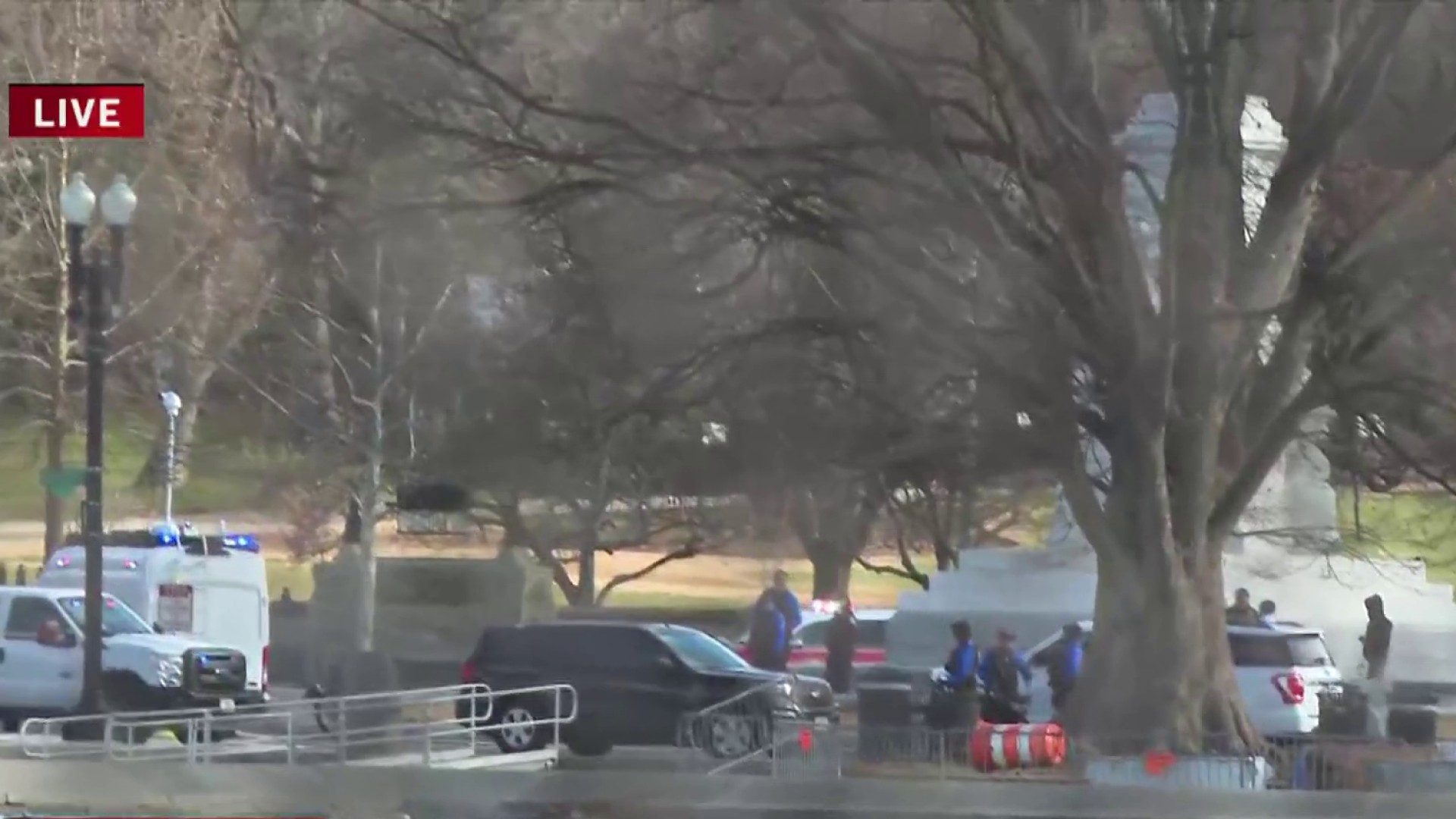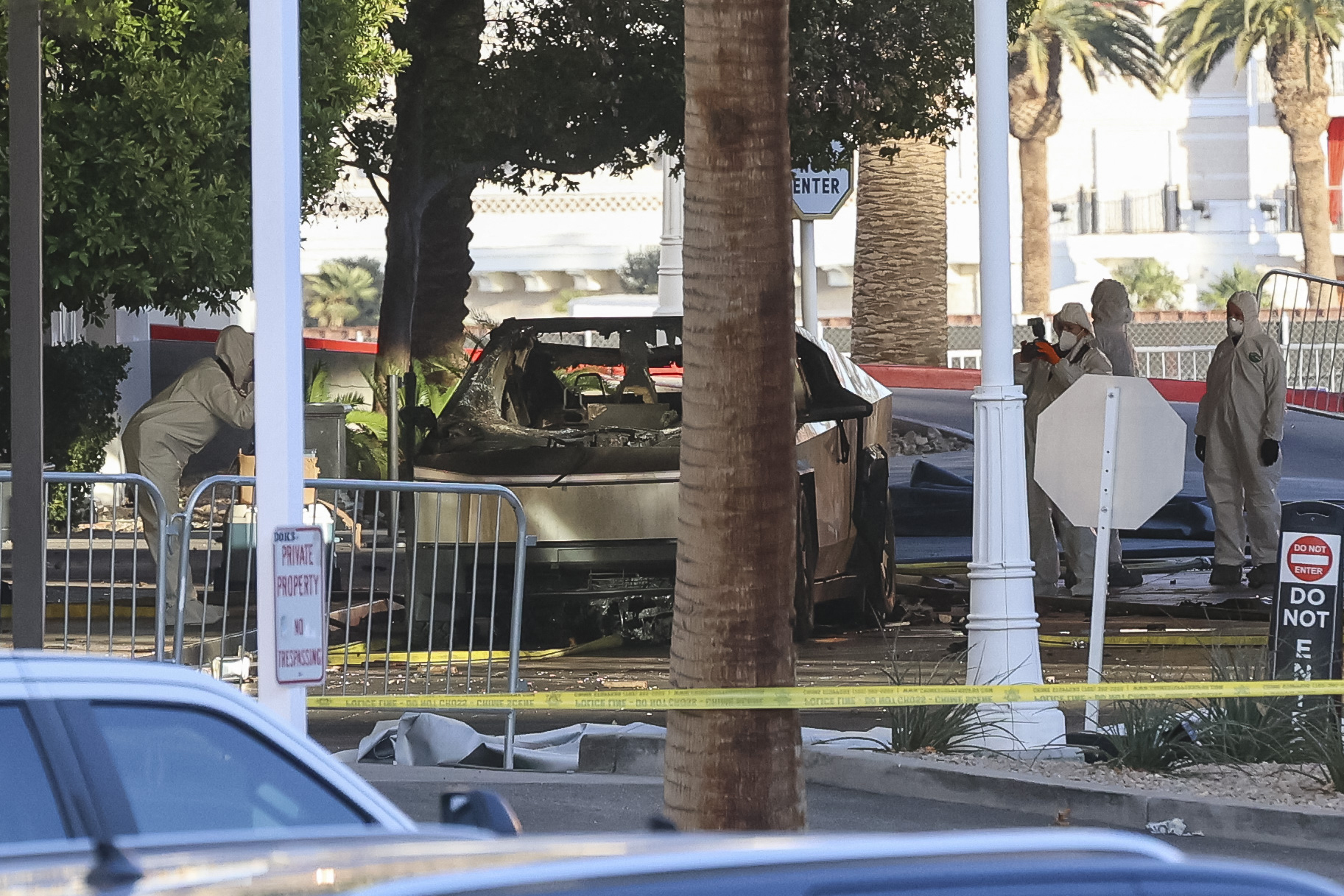
Indonesia’s National Disaster Management Agency said Monday that at least six people have died as a series of volcanic eruptions widens on the remote island of Flores.
The eruption at Mount Lewotobi Laki Laki just after midnight on Monday spewed thick brownish ash as high as 2,000 meters (6,500 feet) into the air and hot ashes hit a nearby village, burning down several houses including a convent of Catholic nuns, said Firman Yosef, an official at the Mount Lewotobi Laki Laki monitoring post.
The Disaster Management Agency lowered the known death toll from an earlier report of nine, saying it had received updated information from local authorities. It said that information was still being collected about the extent of casualties and damage, as local media reports said more people were buried in collapsed houses.
Authorities also raised the danger level and widened the danger zone for Mount Lewotobi Laki Laki on Monday, following a series of eruptions that began last week.
Get Tri-state area news delivered to your inbox.> Sign up for NBC New York's News Headlines newsletter.
The country’s volcano monitoring agency increased the volcano’s alert status to the highest level and more than doubled the exclusion zone to a 7-kilometer (4.3-mile) radius after midnight on Monday as eruptions became more frequent.
The agency said at least 10,000 people have been affected by the eruption in Wulanggitang District, in the six nearby villages of Pululera, Nawokote, Hokeng Jaya, Klatanlo, Boru and Boru Kedang.
In Ile Bura District, 4 villages were affected, namely Dulipali Village, Nobo, Nurabelen and Riang Rita, while in Titehena District it affected four villages, namely Konga Village, Kobasoma, Bokang Wolomatang and Watowara.
U.S. & World
He said volcanic material was thrown up to 6 kilometers (3.7 miles) from its crater, blanketeing nearby villages and towns with tons of volcanic debris and forcing residents to flee.
A nun in Hokeng village died and another was missing, said Agusta Palma, the head of the Saint Gabriel Foundation that oversees convents on the majority-Catholic island.
“Our nuns ran out in panic under a rain of volcanic ash in the darkness,” Palma said.
Photos and videos circulated on social media showed tons of volcanic debris covering houses up to their rooftops in villages like Hokeng, where hot volcanic material set fire to houses.
It’s Indonesia’s second volcanic eruption in as many weeks. West Sumatra province’s Mount Marapi, one of the country’s most active volcanos, erupted on Oct. 27, spewing thick columns of ash at least three times and blanketing nearby villages with debris, but no casualties were reported.



